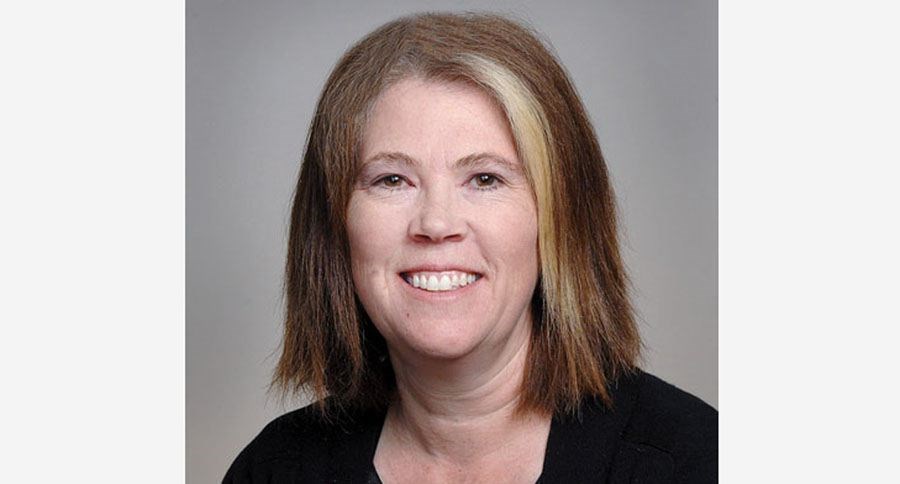If you follow this column you will probably be tired of me saying that a central question in the social sciences is how should we live together?
Studying human beings in their environments, in the past or in the present, helps us to think critically about how we can improve our world, our country, and our community. This question will again be at the centre of the American consciousness as people come to terms with yet another multiple shooting/suicide. The excruciating pain-filled video of Richard Martinez, father of Chris Martinez, calling for changes to U.S gun laws will continue to drive the debate in both directions: on this question Americans are divided over the question of how they should live together.
Richard Martinez called for legislators to "do something" to respond to this tragedy before another parent has to live though his pain and grief.
The fact is that politics is not always the best way to deal with such divides over policy. Politics is, quite frankly, too political. There is little room for ordinary men and women to boldly and courageously speak against their constituents or against the power of political lobby groups. Sometimes individuals even enter politics to ensure that a policy is not changed.
So where can we ask this question about how we should live together in a place beyond the world of politics?
It seems to me that the answer to this is in the words and worlds of poets and writers who imagine for us how we might live together and what we might accomplish.
Here is an excerpt from the poem A Brave and Startling Truth, by Maya Angelou:
...When we come to it
We, this people, on this minuscule and kithless globe
Who reach daily for the bomb, the blade and the dagger
Yet who petition in the dark for tokens of peace
We, this people on this mote of matter
In whose mouths abide cankerous words
Which challenge our very existence
Yet out of those same mouths
Come songs of such exquisite sweetness
That the heart falters in its labor
And the body is quieted into awe
We, this people, on this small and drifting planet
Whose hands can strike with such abandon
That in a twinkling, life is sapped from the living
Yet those same hands can touch with such healing, irresistible tenderness
That the haughty neck is happy to bow
And the proud back is glad to bend
Out of such chaos, of such contradiction
We learn that we are neither devils nor divines
When we come to it
We, this people, on this wayward, floating body
Created on this earth, of this earth
Have the power to fashion for this earth
A climate where every man and every woman
Can live freely without sanctimonious piety
Without crippling fear
When we come to it
We must confess that we are the possible
We are the miraculous, the true wonder of this world
That is when, and only when
We come to it.
In the words of Angelou, we will come to the answer that we can live in a world without fear when we recognize our humanity. Last week I suggested that we do not all share the same values in a world torn by ideology, but Angelou tells us here that everyone is, at their core, the same: neither a devil nor a divine. The poet as a philosopher reminds us that we mostly share a desire for a place where we can together.
We need more poets.
We don't say this often enough in our politics. We say we need doctors and nurses and tradespeople but you don't hear a call for more poets or writers or artists.
We shut off programs in schools that support the arts in favour of the programs that produce workers. We promote jobs over creativity. We dissuade the young from expressing their knowledge in pictures and art because "they can't make a living doing that."
But it is mostly in these creative places that living is found and these places are where we find our humanity.
Angelou died on Wednesday morning. I think we owe her more poets.



